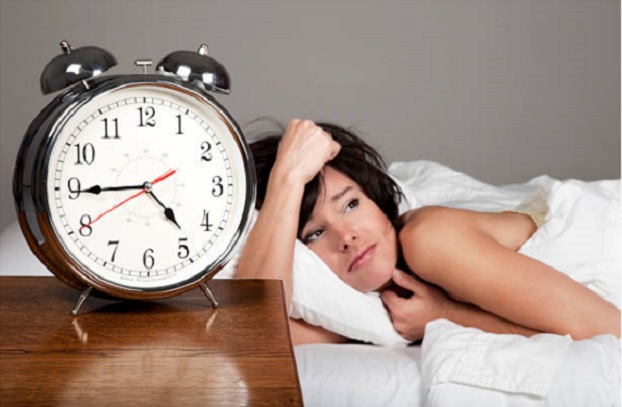Feb 03, 2026
Feb 03, 2026

As we know all living beings, including humans, animals, and plants sleep. Prolonged and extensive scientific studies show that sleep in humans is essential for optimal mental and physical performance. Sleep deprivation weakens the immune system, and also is an additional risk-factor leading to hypertension (high blood pressure) and other cardiovascular disease, type II diabetes, and obesity. Even after intensive research the functions of sleep remain a biological enigma.
Patterns of Sleep
Normal sleep has two major phases: the REM (rapid eye movement}, and the non-REM phase. These phases occur cyclically over an interval of 80 to 90 minutes. REM sleep covers about 20 to 25 percent of total sleep time, and during this phase "dreaming" occurs. The more one dreams during the night, the less restful is the sleep. Actually restful sleep is deep sleep without dreams. The REM sleep is associated with rapid eye movements of the eyeballs, increased heart rate, irregular breathing, and other autonomic manifestations like increased secretions and penile erection. However, muscle tone is decreased and usually it is more difficult to awaken a person during the REM phase than during the non-REM phase. The REM sleep comprises 75 to 80 percent of total sleep time, and progresses through four phases as the level of sleep deepens. Children spend more time than adults in deep sleep. In contrast, the elderly spend lesser time in deep sleep.
The process of sleep involves a natural circadian rhythm (duration -- 24-hours), which begins in the evening when the pineal gland in the brain releases melatonin, a hormone signalling sleep. Near the end of the sleep period, the body secretes the stress hormone cortisol, which promotes alertness. During sleep the growth hormone (GH) is also secreted, which is responsible for childhood growth, and regulates the muscle mass in adults. Sleep also affects the secretion of the hormone leptin, which has a direct effect on appetite and body growth. Thus, sleep has a rejuvenating effect on the body. Besides these many other biochemical and physiological processes are taking place during sleep, and adequate sleep is essential for health. Experts believe that about 7 to 9 hours of sleep each night is essential for health. Sleep deprivation also affects the human faculty of cognition and motor performance.
Lack of sleep is also linked with anger, anxiety, and sadness. the person feels mentally exhausted and depressed. Mood is affected more than cognitive skills or performance. Five habits for a restful sleep have been suggested by
Dr. Deepak Chopra, Chairman, Chopra Center of Well-being, USA:
Such a practice will. sharpen one's mental functioning throughout the next day.
Image (c) Gettyimages.com
08-Oct-2017
More by : Dr. Frank S. K. Barar